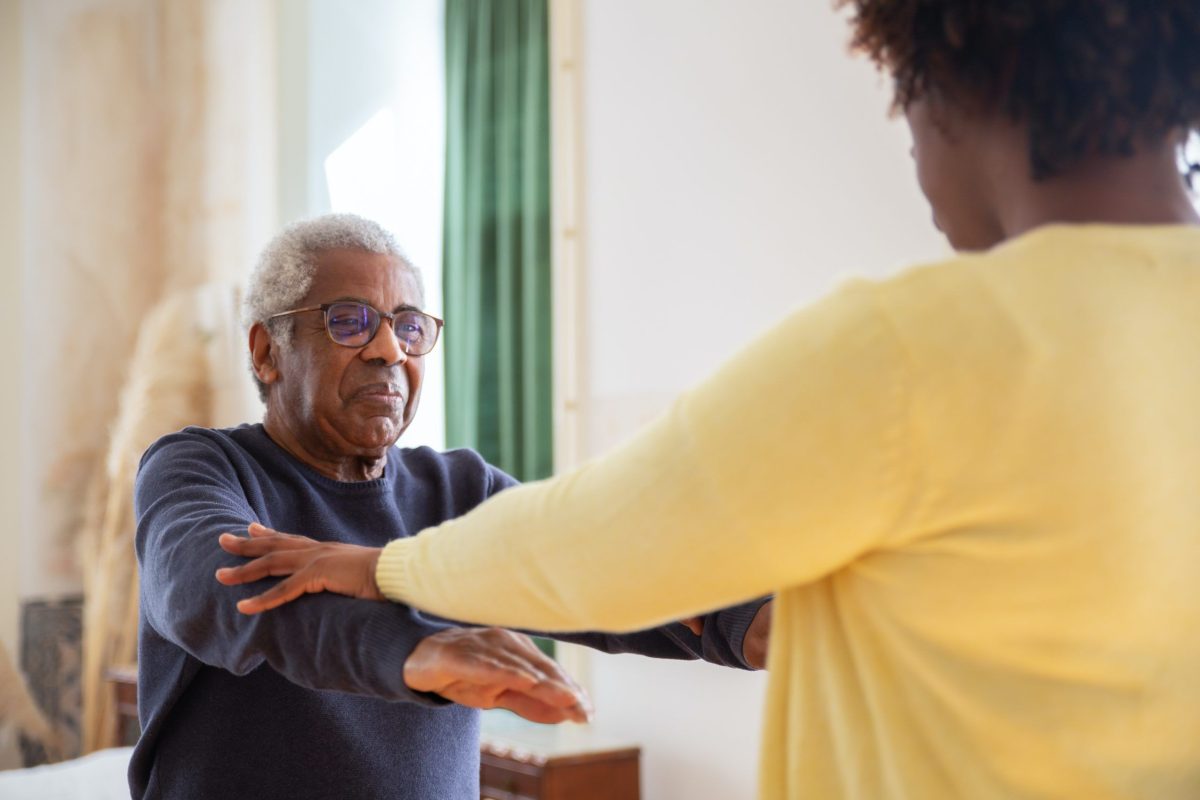Hope is a big thing, and until you hold on to it, you are still a winner. Life is unpredictable, it’s full of surprises – both good and bad. Sometimes you might feel defeated either to a sudden disability from an accident or injury or feel everything collapsing triggered by mental health issues.
It’s never too late to start your recovery process with the right approach. While advanced and personalised exercise physiology Melbourne professionals help with recovery from physical injury, mental recovery takes a different approach. The right support helps people recover from psychosocial disability and take better control of life.
How does a recovery coach help?
- The first step is understanding the problem, trauma and triggers of an individual. It all starts with identifying what contributed to the mental health issues.
- Mentors implement a personalised plan and a roadmap to recovery by identifying barriers, building resilience, and taking the process slow.
- Professionals assist the individual in increasing skills, motivating and helping with better decision-making. Building a meaningful connection is crucial to set a level of comfort.
Things to Know Before Reaching Out to Recovery Coach
It is not an easy journey to bring someone back to resilience and help one get back on with life after a bout with mental illness. Here are a few things to know before seeking help from a recovery coach.
- The recovery coaches have a deep understanding of psychological issues and the right skills to help with the recovery. It is crucial to approach the right people who have prior experience and have helped with personal recovery.
- While a professional does everything in the capacity to help a person, it’s not to be treated as daily support. The coach works directly with the person, but cannot be there all the time.
- The coach must collaborate with the family to make the whole plan a success. Collaboration with clinicians, family, and other therapists is helpful.
- There will be tasks assigned as per the plan to help the person improve, focus, and start living a better life. Recovery demands patience and hence one should be willing to put in work.
- Sometimes the first person you connect with might not be the right person for you. Building trust and connection is the first step and hence if it’s not working with one recovery coach, do not hesitate to try another.




